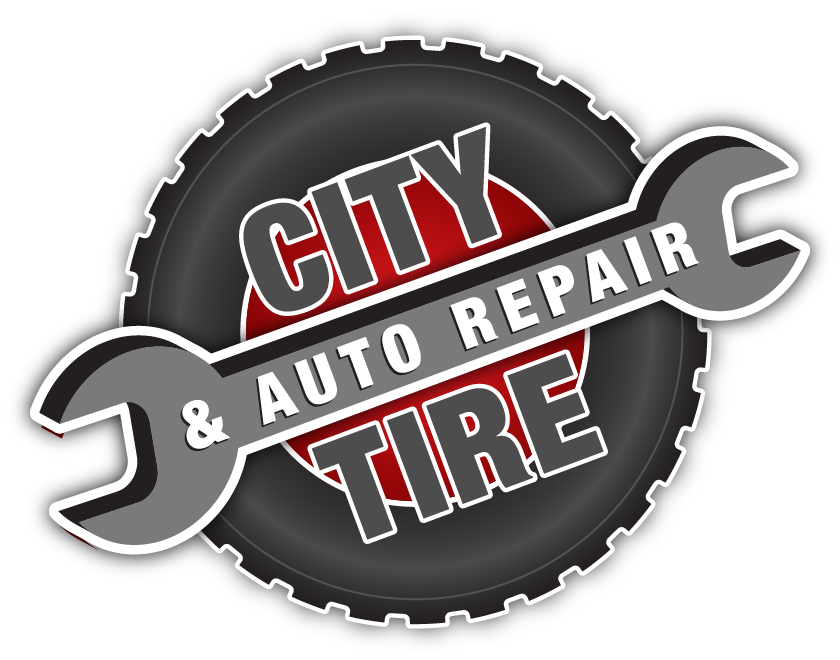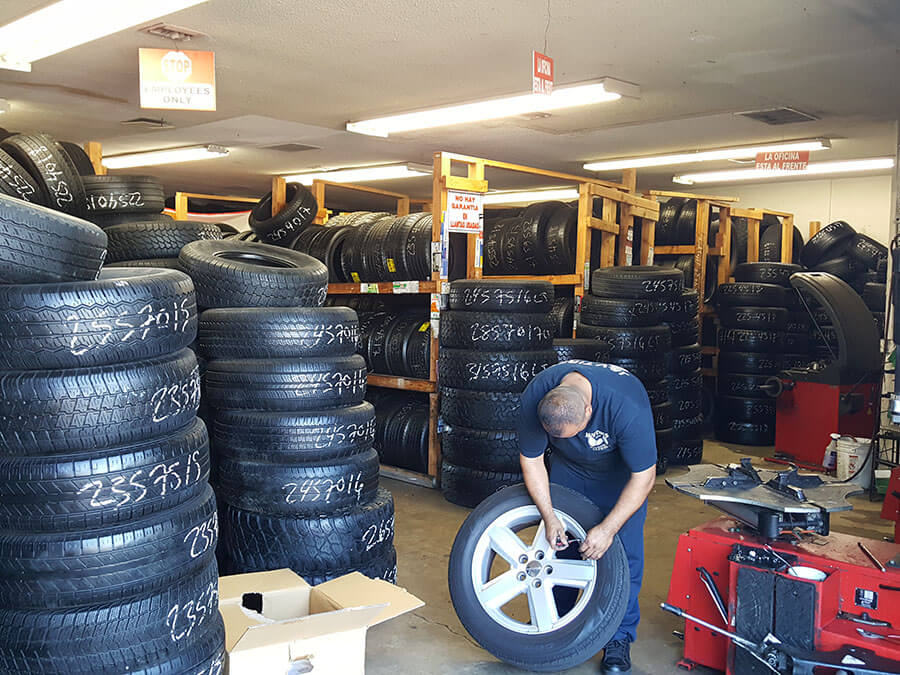Morris Tire Service Quality: Where Proficiency Satisfies Your Tire Requirements
Morris Tire Service Quality: Where Proficiency Satisfies Your Tire Requirements
Blog Article
The Environmental Advantages of Proper Tire Maintenance
Keeping correct tire care is typically neglected, yet its effect on the atmosphere is profound. From lowering gas consumption to reducing emissions result, the benefits are significant. Appropriate tire maintenance not just extends the life-span of tires but additionally reduces land fill waste and adds to boosted air high quality. The interconnectedness of these advantages highlights the important role that basic maintenance methods can play in promoting environmental sustainability.
Reduced Fuel Intake
Improving tire maintenance techniques can lead to a substantial decrease in fuel usage for vehicles. According to the United State Department of Power, underinflated tires can lower gas mileage by 0.2% for every 1 psi drop in pressure in all four tires.
Along with tire pressure, regular tire turnings and placements additionally play an essential function in fuel efficiency. Unevenly used tires can raise gas usage as the engine works harder to maintain speed and grip. By keeping proper alignment and rotating tires at recommended periods, vehicle drivers can ensure also use and extend the life of their tires, inevitably conserving fuel and decreasing their carbon footprint.
Extended Tire Lifespan
Expanding the life-span of tires is a crucial element of efficient lorry upkeep practices that can generate expense savings and ecological benefits over time. By correctly preserving tires, vehicle drivers can considerably lengthen their usability, reducing the frequency at which new tires require to be produced and old ones taken care of. This not only conserves useful resources yet likewise decreases the power and emissions related to tire production and disposal procedures.
Frequently checking tire pressure, revolving tires, and making sure correct positioning are essential actions in extending tire life expectancy. Adequate walk deepness is essential for optimum traction and security, yet it likewise contributes in how much time tires can be made use of before requiring substitute. Additionally, staying clear of aggressive driving behaviors that speed up tire wear, such as rough braking and doglegs, can further improve tire resilience.
Inevitably, increasing the durability of tires via proactive maintenance not only profits the setting by decreasing waste and preserving sources but also results in set you back financial savings for automobile proprietors by postponing the demand for brand-new tire acquisitions.
Reduced Exhausts Output
Effective tire maintenance methods add to a decrease in exhausts result, aligning with environmental sustainability goals in the automobile market. Effectively filled with air tires, frequently turned and straightened, can boost gas performance, sites hence lowering the overall carbon dioxide emissions from cars. When tires are underinflated, the engine needs to work more challenging to thrust the vehicle, bring about increased fuel usage and greater exhausts. By keeping optimum tire stress degrees, motorists can assist alleviate these unfavorable environmental impacts.
Additionally, well-maintained tires also enhance traction and minimize rolling resistance, better boosting fuel efficiency. This, in turn, lowers the amount of exhaust gases released right into the atmosphere. In addition, making sure tires are correctly inflated and straightened can prolong the lifespan of the tires, lowering the frequency of tire substitutes and the associated ecological costs of tire manufacturing and disposal.

Decreased Land Fill Waste
Provided the positive impact of proper tire maintenance on decreasing discharges outcome, one more considerable environmental benefit is the capacity for decreased landfill waste. By ensuring that tires are properly inflated, aligned, well balanced, and revolved consistently, their lifespan can be significantly prolonged.

Improved Air Top Quality
Enhancing air high quality through appropriate tire upkeep methods is an essential facet of sustainable environmental stewardship. When tires are underinflated, they create a lot more rolling resistance, bring about boosted fuel intake and higher emissions of unsafe toxins such as carbon monoxide and nitrogen oxides. Correctly filled with air tires not only boost gas performance however likewise reduce the quantity of toxins released into the air.
Additionally, well-kept tires with correct step deepness and alignment add to more secure motoring problems, reducing the possibility of mishaps that can cause the release of additional contaminants right into the atmosphere. By expanding the life expectancy of tires via regular maintenance and turning, fewer tires are thrown out too soon, lowering the ecological impact of tire disposal and manufacturing processes.
Conclusion
To conclude, appropriate tire maintenance provides various environmental benefits. By minimizing fuel usage, prolonging tire life expectancy, reducing emissions outcome, reducing landfill waste, and improving air quality, individuals can contribute to a much healthier earth. These initiatives not just benefit the atmosphere but also aid to preserve sources and minimize general environmental impact. It is necessary for people to focus on tire maintenance as an easy yet effective way to protect the environment for future generations.
Appropriate tire maintenance not just expands the life expectancy of tires yet likewise decreases landfill waste and adds to improved air top quality - morris tire service. By about his preserving correct alignment and revolving tires at suggested periods, chauffeurs can ensure also prolong the life and use of their tires, ultimately saving gas and decreasing their carbon impact
By properly preserving tires, drivers can substantially prolong their functionality, reducing the frequency at which brand-new tires need to be produced and old ones disposed of.Routinely inspecting tire stress, rotating tires, and making certain appropriate placement are vital actions in extending tire life expectancy. In addition, ensuring tires are appropriately blown up and aligned can prolong the life-span of the tires, decreasing the regularity of tire substitutes and the linked environmental prices of tire production and disposal.
Report this page